Expanding learning opportunities for all students
Delegate Thai Van Thanh assessed that the draft Law on Education (amended) clearly demonstrates fundamental innovation thinking, especially in three key points, including: expanding compulsory education to the end of junior high school; eliminating junior high school graduation exams and certificates; and forming a vocational high school system in the roadmap to unify the national education system.
According to the delegate, the expansion of compulsory education from primary to secondary school is an important step forward, demonstrating the State’s special concern for the young generation, affirming the commitment to not leaving any student behind in the learning process. When secondary school becomes compulsory, the responsibility belongs not only to students and their families, but also to the State, the education sector and authorities at all levels in ensuring adequate conditions for all students to study and study well.
The delegate emphasized that this expansion requires specific support policies, from tuition exemption and reduction, scholarships, support for learning tools to investment in facilities, staff and learning materials in remote, isolated and disadvantaged areas. Only then will compulsory education be truly fair and feasible.
An important new point mentioned by the delegate is to abolish the exam and the junior high school graduation certificate, replacing them with a certificate of completion issued by the principal... According to the delegate, this is a reasonable and humane reform step, both streamlining administrative procedures and avoiding formalities in assessment, while still ensuring the legal value and transparency of the learning process. Delegating the authority to the principal to issue the certificate also means increasing the responsibility of educational institutions, requiring a clear inspection, monitoring and accountability mechanism to ensure consistency nationwide.
.jpg)
In addition, delegate Thai Van Thanh also particularly emphasized the formation of a vocational high school system in the roadmap for overall innovation of the national education system... According to the delegate, this is a direction of great significance, helping to streamline early, expand learning opportunities, shorten the gap between general education and vocational education, and at the same time meet the demand for high-quality human resources for socio -economic development.
Delegates suggested that the Government provide specific regulations on the curriculum framework, the linkage mechanism and the authority to grant degrees, ensuring that vocational high school graduates have the right to continue studying at colleges and universities if they wish... At the same time, it is necessary to build a unified quality inspection and supervision mechanism, so that vocational high schools can truly be a bridge between general education and the labor market, contributing to training young human resources with skills, ethics and industrial style.
"Along with expanding the scale of training, it is necessary to reasonably plan the network of vocational high schools, ensuring compliance with industry, regional and local planning, avoiding dispersion and duplication, and improving the efficiency of using investment resources," the delegate emphasized.
Unifying the program, increasing local autonomy
As Director of the Department of Education and Training of Nghe An province, National Assembly Deputy Thai Van Thanh pays special attention to the curriculum and textbooks; at the same time, emphasizes that unifying a set of textbooks nationwide is a correct and necessary policy.
According to the delegate, this unification not only ensures equal access for students in all regions, but also facilitates state management, ensures consistency in school administration, teaching, and even in student transfers.
The synchronization of curriculum and learning materials also helps parents, teachers and educational institutions to organize teaching and learning more conveniently, reduce pressure on choosing books, and ensure learning equity nationwide.
Regarding the local education program, delegates expressed their agreement with the new regulations in the draft law, empowering localities to develop, appraise, promulgate and organize the printing of local education programs... Delegates commented that this is a reasonable decentralization step, demonstrating the trust and responsibility of the Central Government towards localities, helping provinces and cities to be more proactive in compiling content related to culture, history and regional identity, while ensuring flexibility and practicality.
Previously, although localities had compiled their own local educational content, they still had to submit it to the Ministry of Education and Training for review, leading to delays, lack of books, and many places even had to use photocopied documents. When the new law is passed, clearly defining the authority of localities will help them be more proactive, shorten the process, and promptly meet teaching and learning needs, especially at the beginning of the school year.
However, in order for the new policy to be effectively implemented, delegates suggested that the Government soon issue specific guidelines on printing mechanisms, funding sources or appropriate socialization mechanisms, to ensure that localities can implement it smoothly, in accordance with regulations and at the right time. This will not only help students have official textbooks in a timely manner, but also avoid the situation of lack of uniformity or deviation from standard content between localities.
Regarding the Law on Higher Education (amended), delegate Thai Van Thanh said: expanding university autonomy is an inevitable trend, but must go hand in hand with accountability and quality control.
University autonomy is not only a right, but also a responsibility regarding programs, personnel, finance, and international cooperation. Delegates agreed with the policy of eliminating the structure of the University Council as “owner”, but suggested that there should be reasonable transitional provisions to ensure stable operations of higher education institutions.
In addition, the delegate also emphasized the importance of training quality assessment, not only at the school level but also for each specific program, according to regional and international standards, contributing to enhancing the reputation, transparency, and competitiveness of Vietnamese universities.
Innovation for more substantial and humane education
Regarding the Law on Vocational Education (amended), delegates said that the law needs to further promote the role of businesses in training... Businesses must substantially participate in the process of building programs, organizing practice, and assessing skills, and the State needs to have incentive and preferential mechanisms to promote this connection.
Delegates proposed increasing the duration of practice and clearly defining the rate of studying at enterprises to ensure that graduates have practical professional skills and are ready to meet the requirements of the labor market... At the same time, it is necessary to honor skilled workers, artisans, and highly skilled workers, considering them as valuable resources of the country.
According to delegate Thai Van Thanh, the highlight of this law amendment is the comprehensive innovation mindset but linked to feasibility. Each adjustment, no matter how small, is aimed at the learner – the center of the educational process.
From expanding the scope of compulsory education, empowering principals, developing vocational secondary schools, unifying curriculum and textbooks, to decentralizing power to localities and promoting autonomy in higher education, all clearly demonstrate a humanistic perspective, taking equity as the foundation and quality as the goal.
The delegate also emphasized: when laws are promulgated and implemented synchronously, Vietnam's education system will have the opportunity to improve in all three pillars: equity, quality and efficiency.
Fairness so that all children, whether in the mountains or the plains, have equal opportunities to learn. At the same time, quality so that students not only “learn” but also “learn well”;... And effectiveness so that education becomes a driving force for human development, serving the cause of rapid and sustainable development of the country.
From the practice of local education management, delegate Thai Van Thanh said that the adjustments in this draft law are suitable for the requirements of development and integration, and at the same time clearly demonstrate the strategic vision of building modern, humane Vietnamese people with the ability to self-study and be creative.
When the legal framework is completed, each school, each teacher and each student will be given more opportunities and responsibilities to carry out the common mission: improving people's knowledge, training human resources, and nurturing talents for the country.
"With the spirit of innovation, humanity and substance... it is a concrete step to realize the Party and State's policy on comprehensive education development, towards building a learning society, creating a solid foundation for high-quality human resources, serving the cause of industrialization, modernization and international integration," affirmed delegate Thai Van Thanh.
Source: https://daibieunhandan.vn/hoan-thien-khung-phap-ly-de-giao-duc-thuc-su-cong-bang-nhan-van-va-hien-dai-10392467.html




![[Photo] Urgently help people soon have a place to live and stabilize their lives](/_next/image?url=https%3A%2F%2Fvphoto.vietnam.vn%2Fthumb%2F1200x675%2Fvietnam%2Fresource%2FIMAGE%2F2025%2F12%2F09%2F1765248230297_c-jpg.webp&w=3840&q=75)






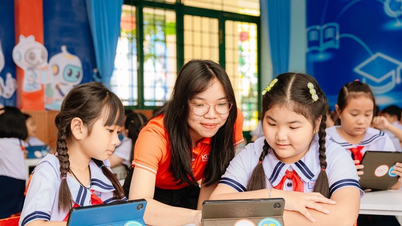



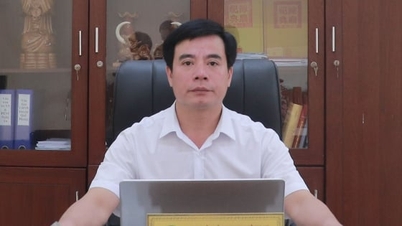

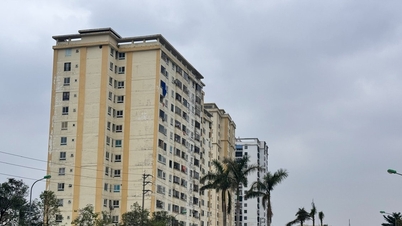
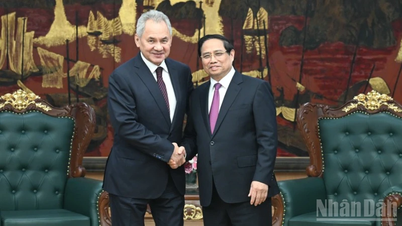



![[Video] Rapidly deploying "Quang Trung Campaign" to build houses for people in flood-hit areas](https://vphoto.vietnam.vn/thumb/402x226/vietnam/resource/IMAGE/2025/12/09/1765292632846_dung00-17-48-20still010-jpg.webp)

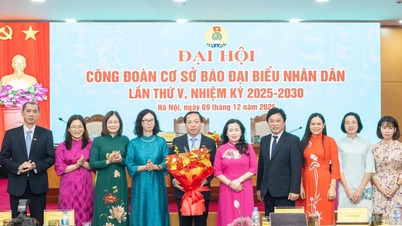




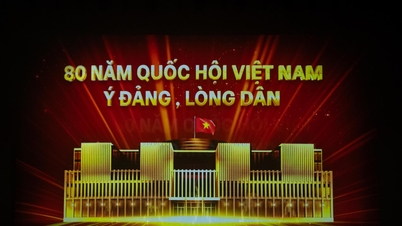


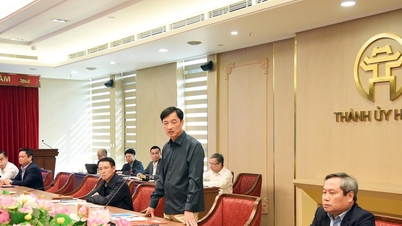








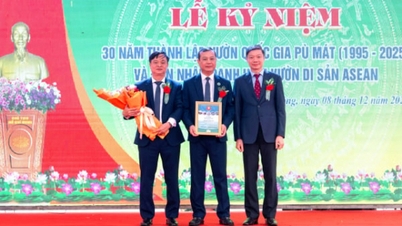



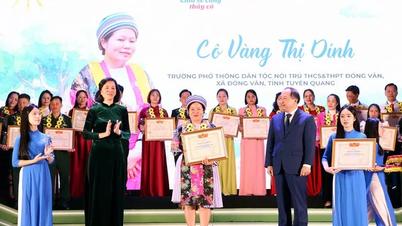

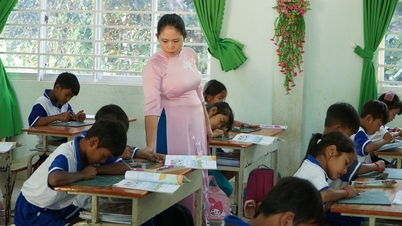

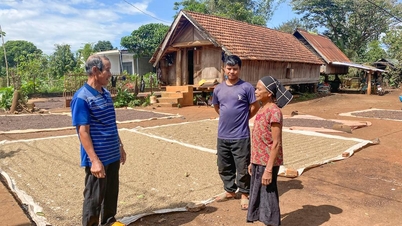

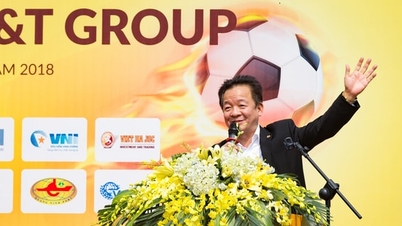




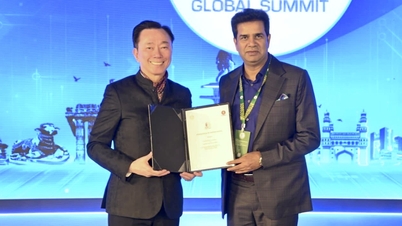

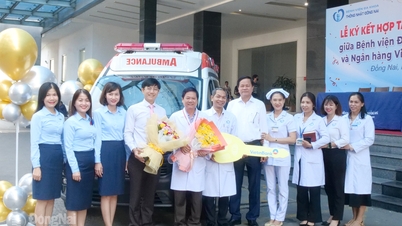

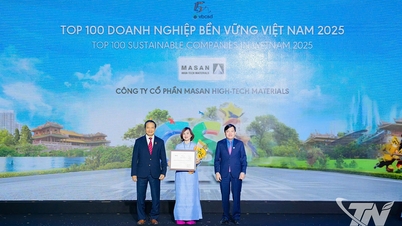


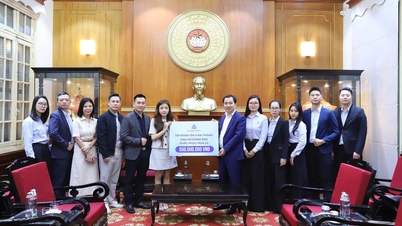







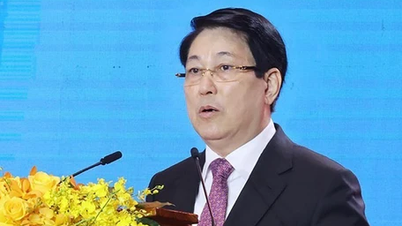




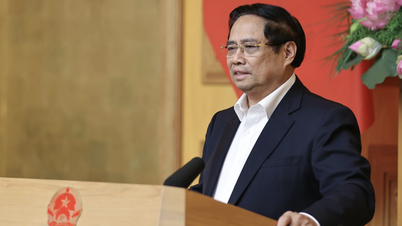

![[Photo] General Secretary To Lam works with the Standing Committees of the 14th Party Congress Subcommittees](https://vphoto.vietnam.vn/thumb/402x226/vietnam/resource/IMAGE/2025/12/09/1765265023554_image.jpeg)




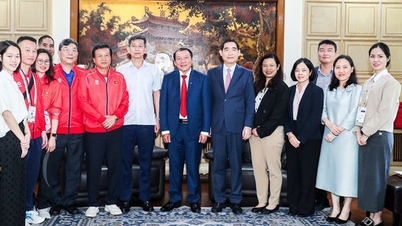


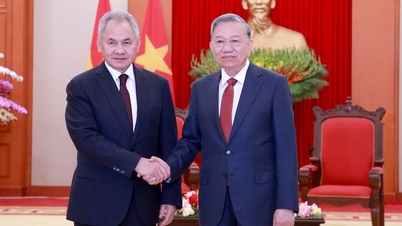

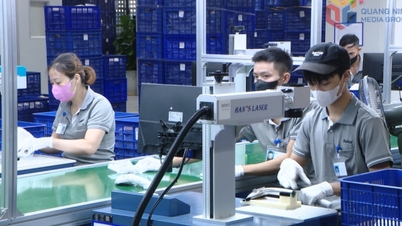
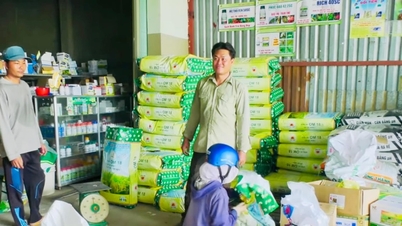














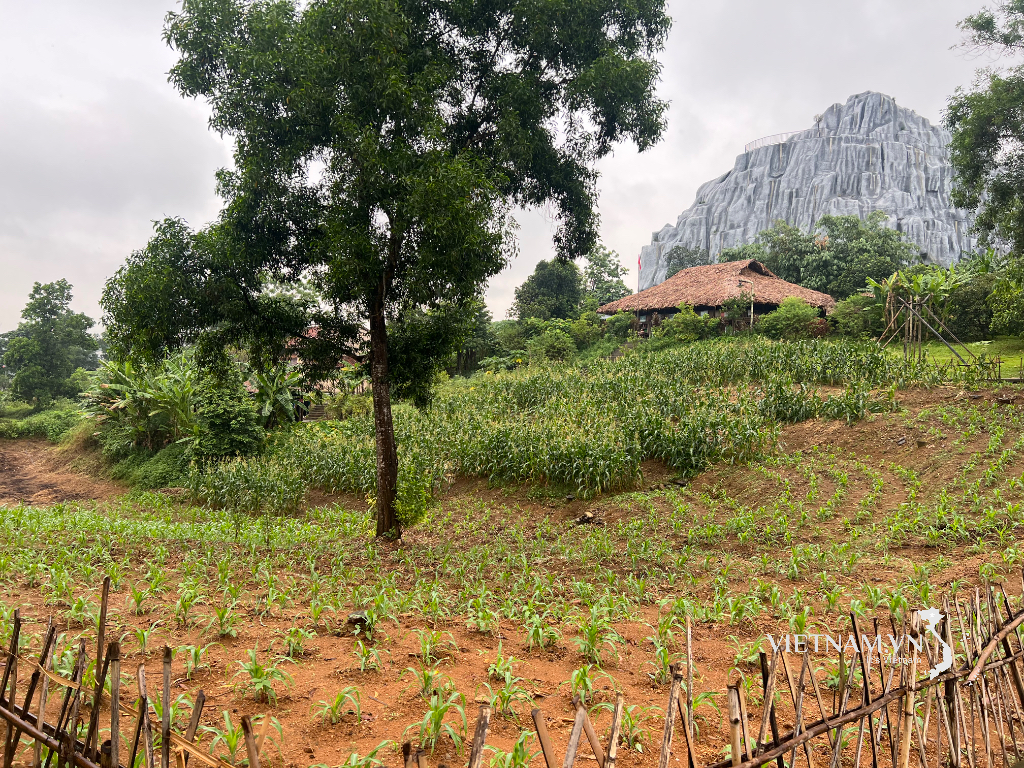






Comment (0)